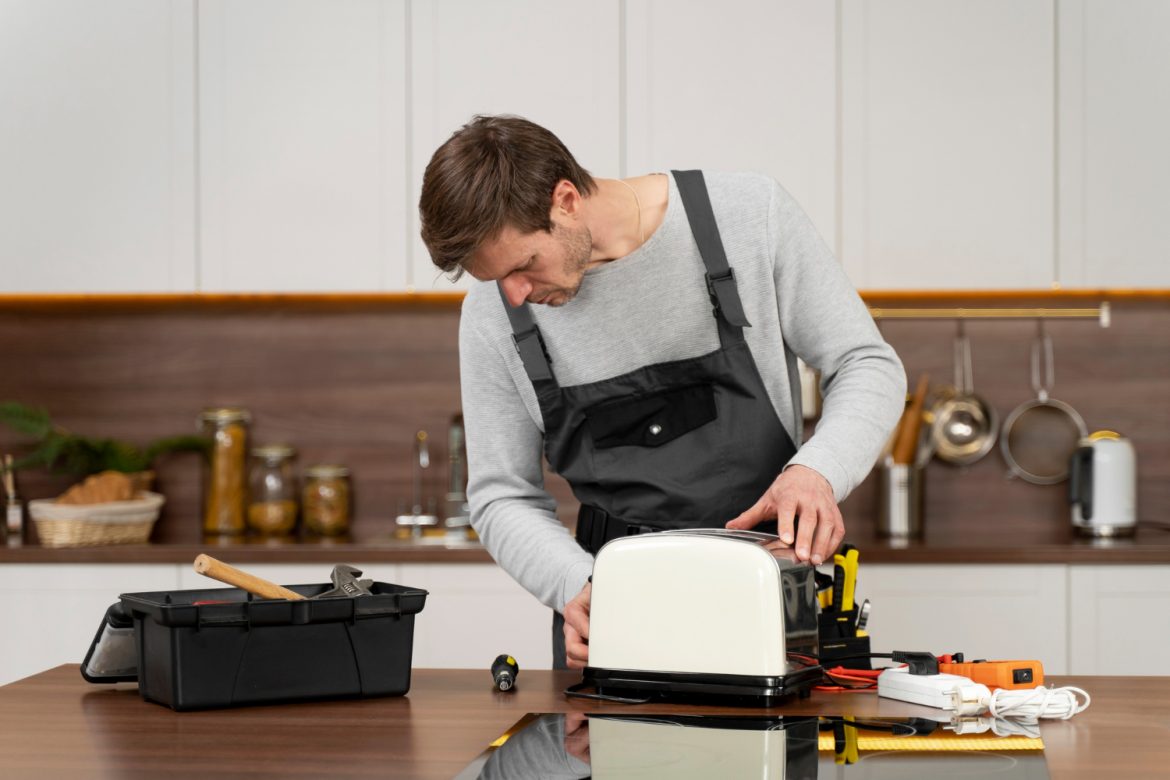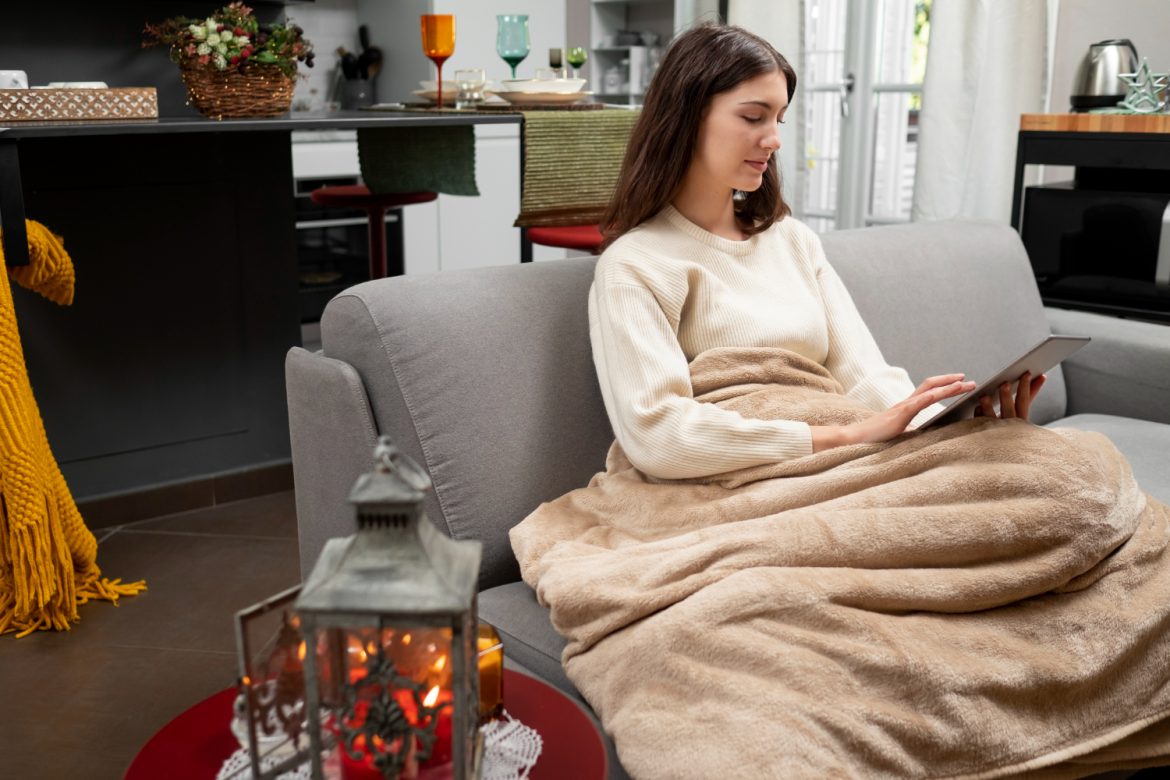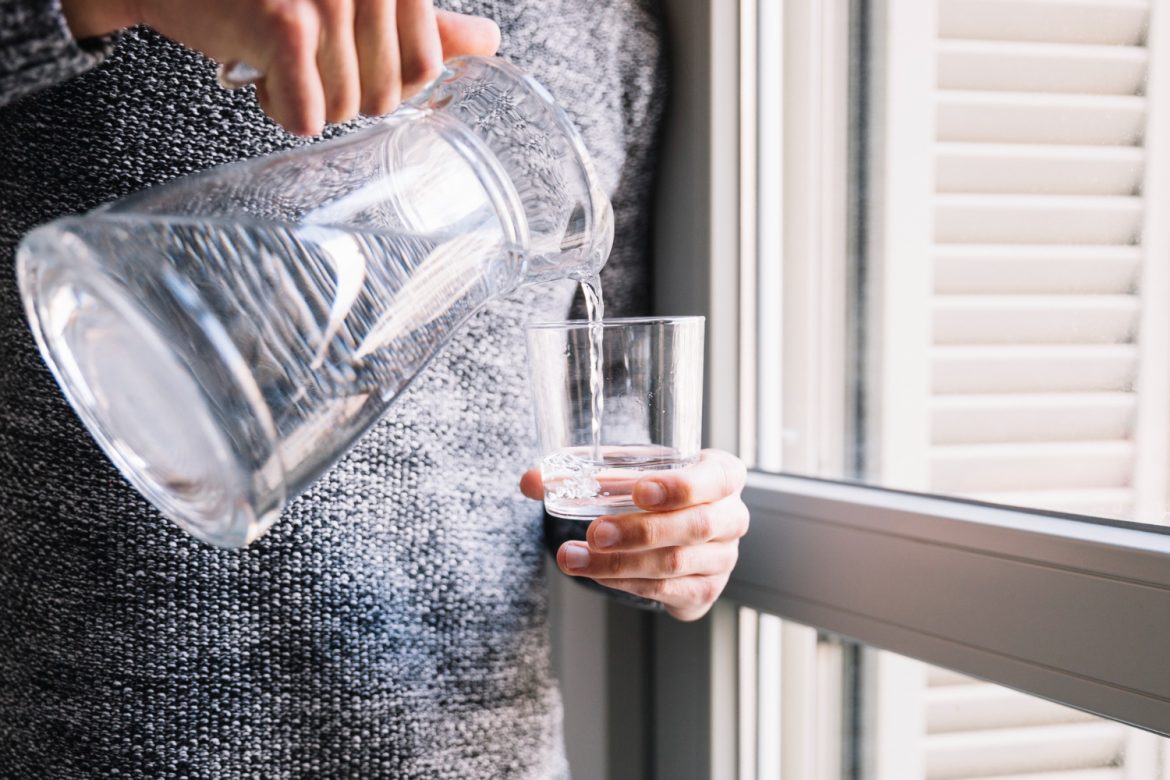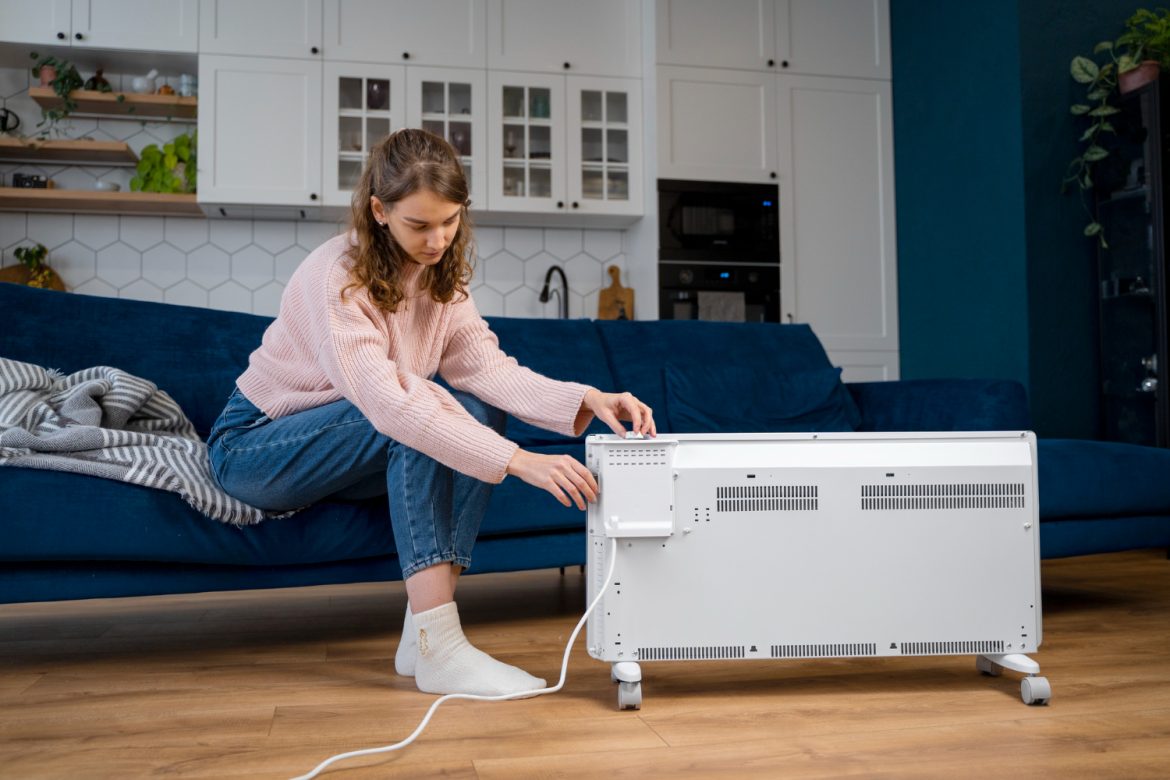When household appliances break down, it is important to evaluate the economic feasibility of repairs. Often, modern devices can last longer if they are repaired than if they are purchased new. For an accurate assessment, it is useful to contact a service specialist who can determine the cost of repairs and compare it with the price of a new unit.
Helpful Advice
Advertising
Advertising
A strategy for reducing heating costs begins with diagnosing the thermal insulation of the house. Insulating the attic, walls and basement significantly reduces heat loss and allows you to maintain a comfortable microclimate at a lower cost. Installing tight window frames and sealing gaps around doors are cheap and effective ways to achieve savings.
Advertising
Water saving starts with habits: short showers instead of long baths and turning off the water while brushing your teeth. Installing economical faucets and shower heads with flow rate limitation helps reduce consumption without losing comfort. Regular leak testing helps avoid hidden water losses and additional costs.
Advertising
Energy efficiency starts with simple everyday habits. Replacing conventional light bulbs with LEDs and installing thermostats can reduce energy consumption without losing comfort. Thermostats help maintain a set temperature in the room and minimize discrepancies between desired and actual conditions.
Advertising
Buying new household appliances is an important decision for any family. First of all, it is worth paying attention to the energy efficiency of the device. Pay attention to the energy efficiency class marking: from A+++ to G. Although devices with a higher class are often more expensive, the savings on electricity can pay off the initial costs in a few years.
Advertising





